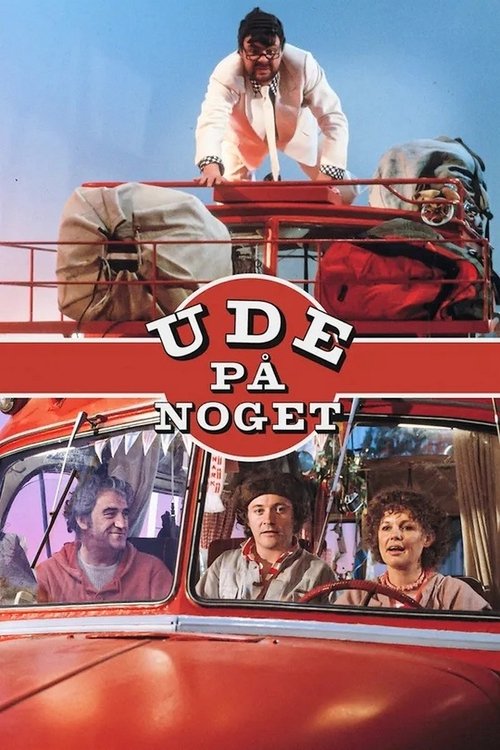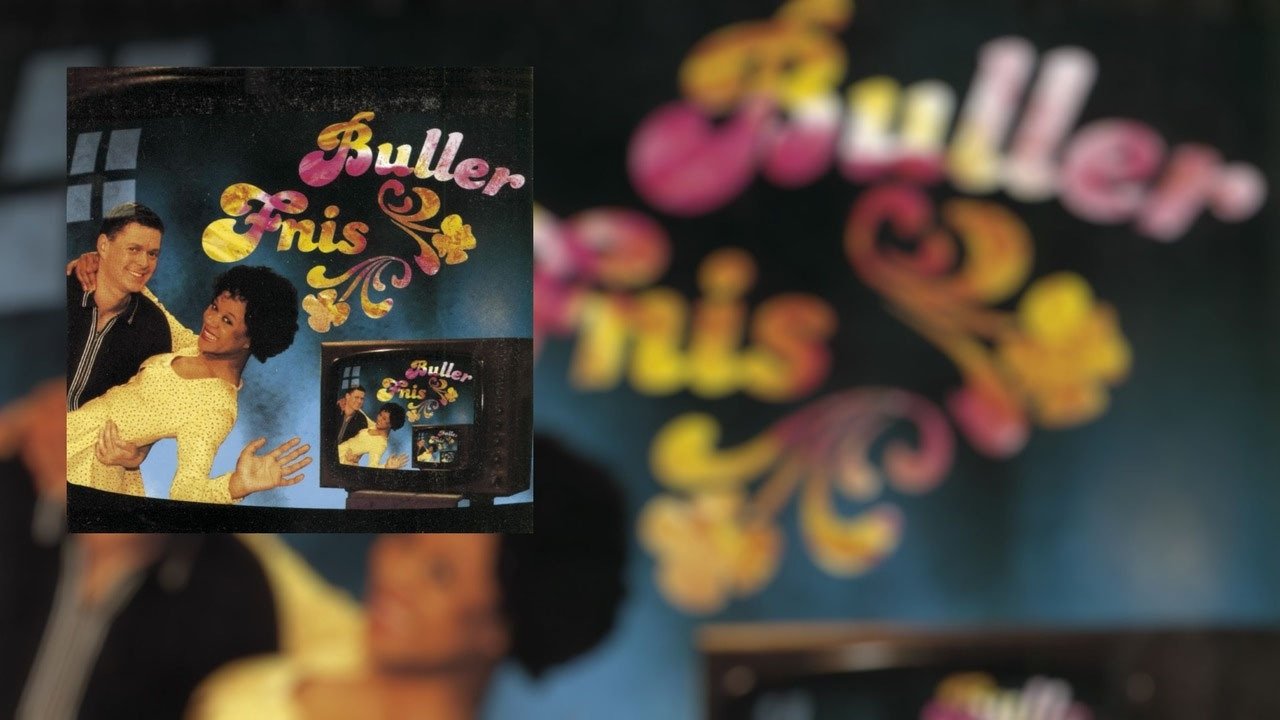
DR1 TV Shows
436 shows • Page 20 of 22
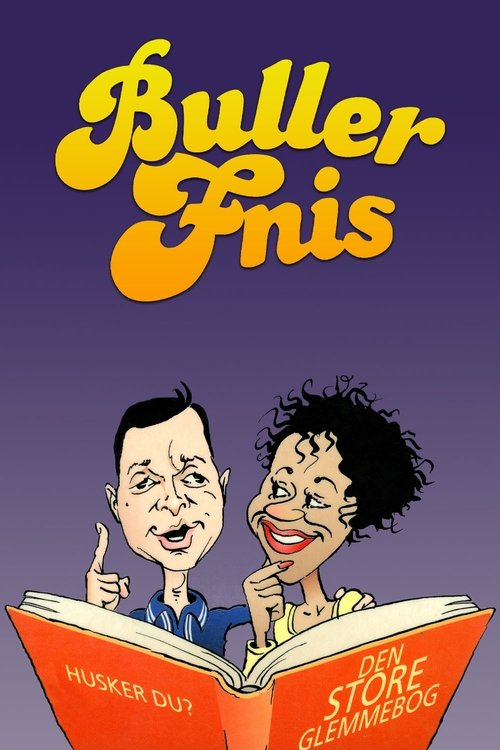 0
0Bullerfnis
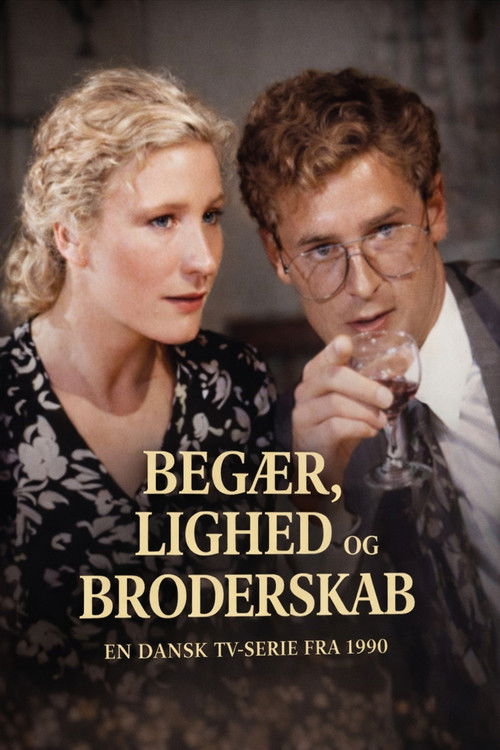
Begær, Lighed og Broderskab
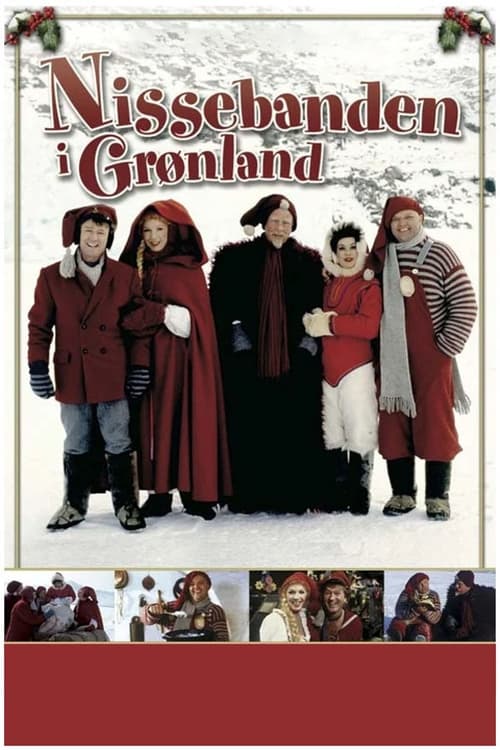
Nissebanden i Grønland
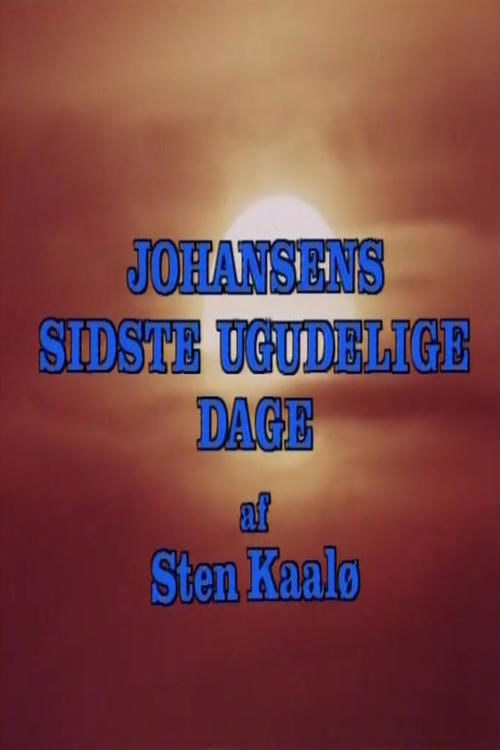 0
0Johansens sidste ugudelige dage
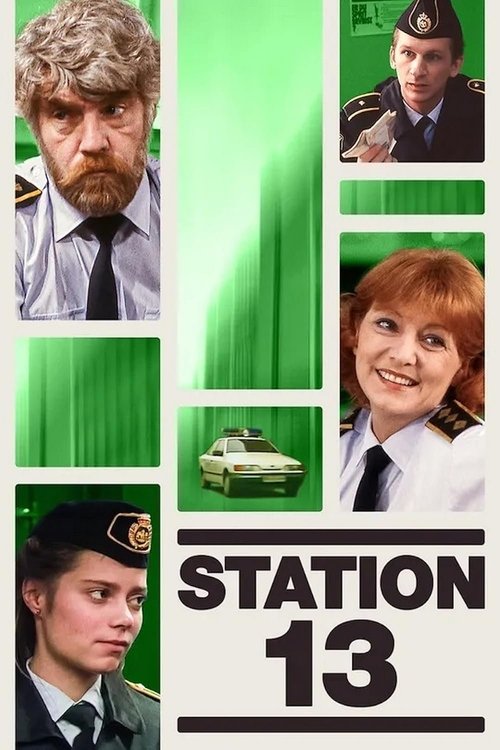 0
0Station 13
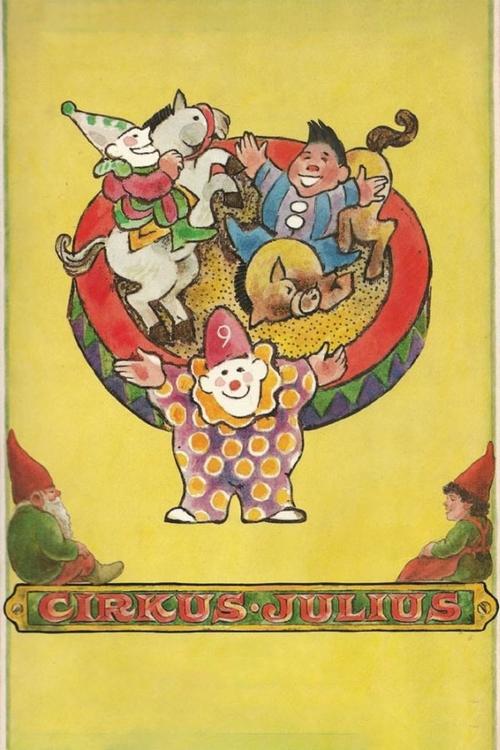
Cirkus Julius
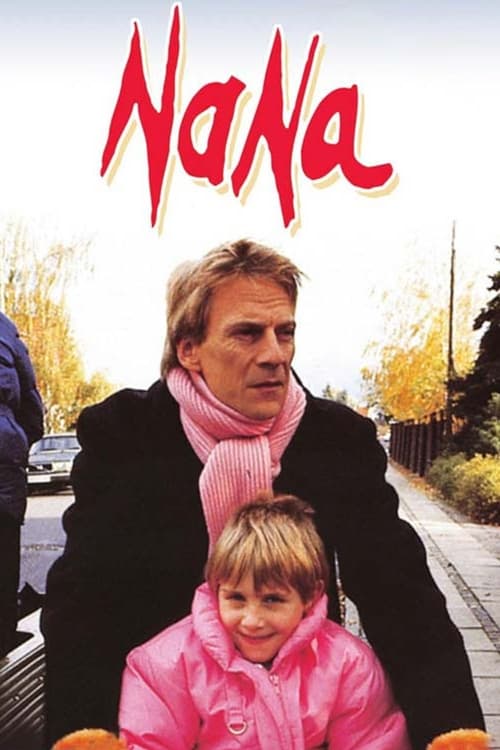
Nana
A Danish show based on the humorous events in Nana and her dad's life.
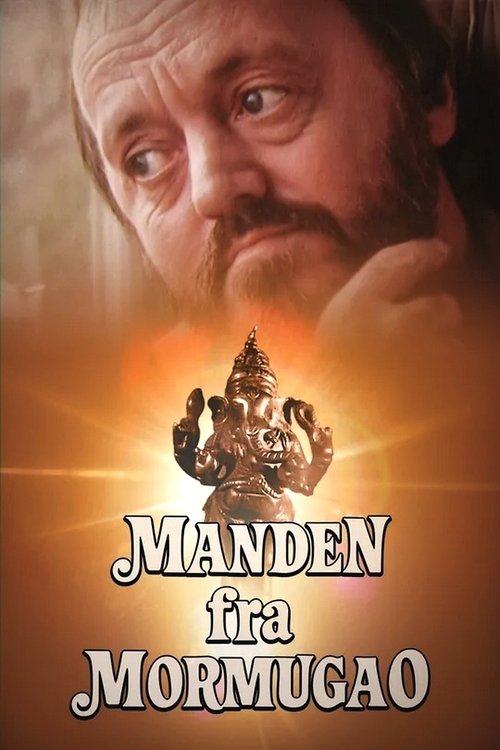 0
0The Man from Mormugao
A modern fairy tale about George who as a child had been told a story about "The Man from Mormugao". "The Man from Mormugao" though is not a man, but a magic talisman which can fulfill three wishes. George sets out to find the talisman and get his wishes.
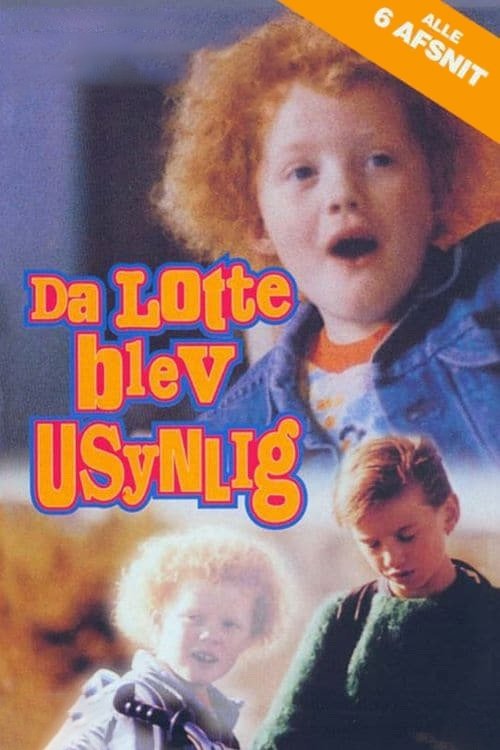
When Lotte Became Invisible
Seven year old Lotte becomes invisible when she presses her belly button.
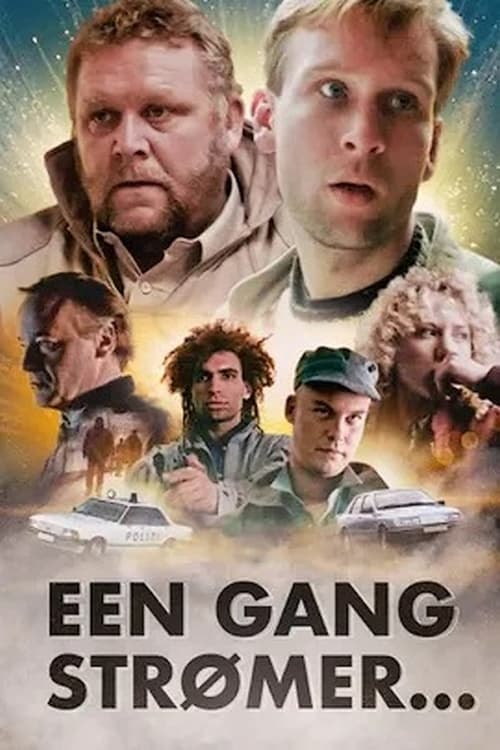
Once a Cop...
Policeman Karl Jørgensen was once a prominent detective, but due to a violent temper he's now checking out passports at the airport, smuggling stout to work in his thermos every day. However, Kaj, the boyfriend of his daughter, is suddenly killed by a heroin overdose injected by hooded gangsters. It turns out he was spying on their organisation for his brother, Frank, who was framed by them while smuggling narcotics. When Frank hears about Kaj's death, he escapes from prison to get back at the killers. Meanwhile, the same gangsters threaten Karl Jørgensen's daughter, and soon Karl is involved in a major drug smuggling case. Frank and his buddy rob a bank and shoot a police officer. A country-wide manhunt ensues while Karl is having trouble with controlling his daughter's vigilante activities, with finding out who killed Kaj, with the police detectives on the case and with his own alcoholic and lacking existence.
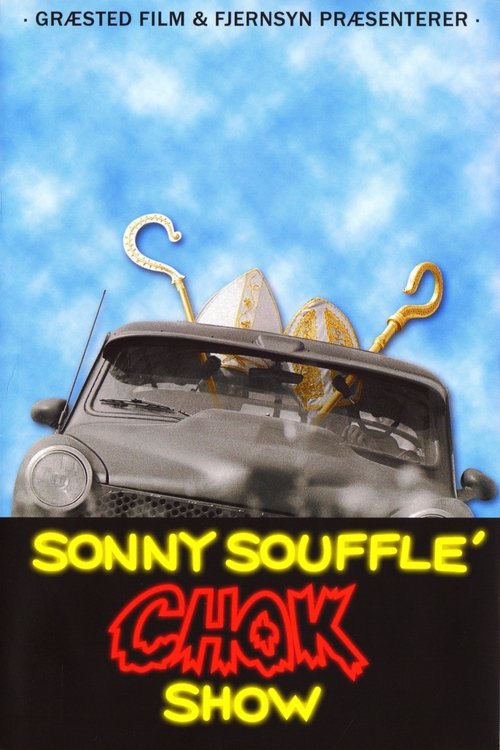
Sonny Soufflé chok show
Including the TV drama Tannhuser, in which Reinhardt and his son Kurt try to save their auto repair shop and gas station from Ilse von Tannhaser and her henchmen. Also featuring Bdr. Bisp, Godnathistorier, and much more.
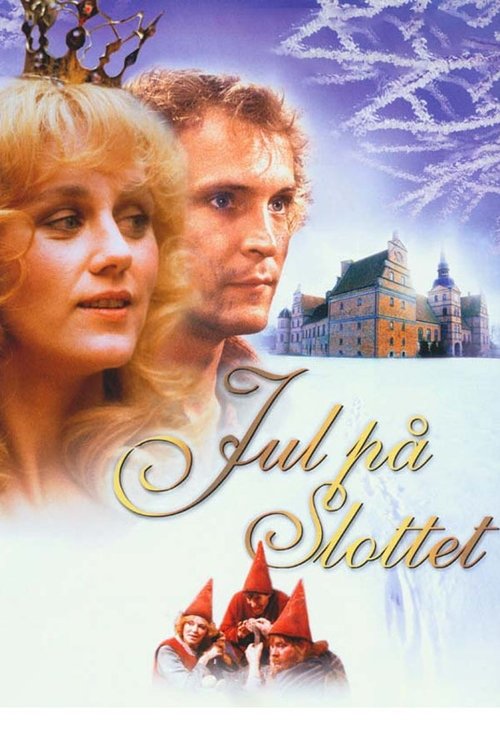
Jul på slottet
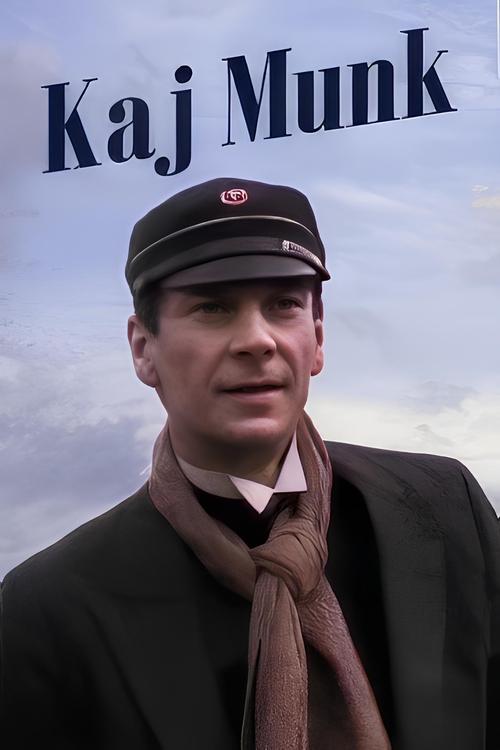
Kaj Munk
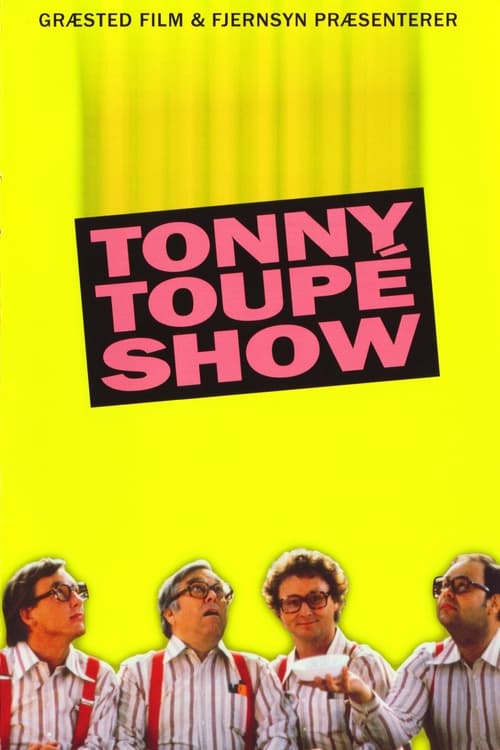
Tonny Toupé show
Tonny & Tonny (two extremely enthuasiastic hosts wearing toupés) present returning segments, including the neo-noir comedy drama "Klap-I-Olsen" featuring the adventures of a very drunk but highly philosophical detective at his local bar, the romantic (mis)adventures of "Henriette Hermansen", the segment "De fire Jørgen Cleviner" (a sort of children's show for adults) featuring the legendary TV-host Jørgen Clevin, and the reality show "Rambuk-TV" (a futuristic/satirical vision of what reality-tv might evolve into).
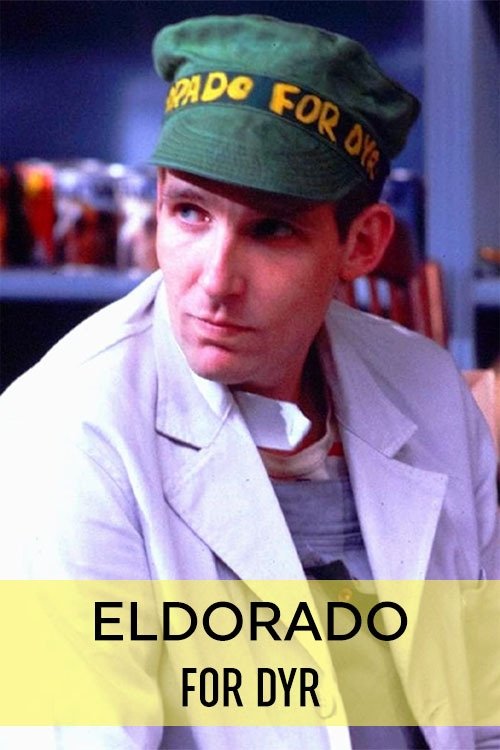 0
0Eldorado for dyr

Mor er major
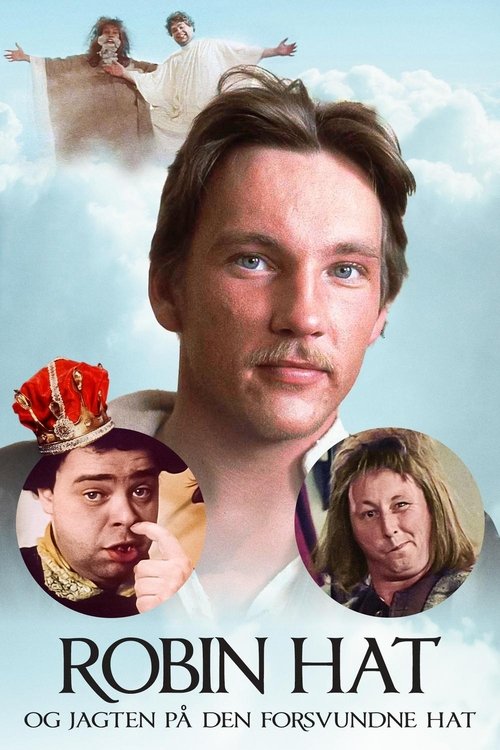
Robin Hat og jagten på den forsvundne hat
A thrilling adventure slowly begins. About the hero Robin Hat, the spoiled prince Tonny, the old man and his son up among the charter planes - and director Bent Christiansen.
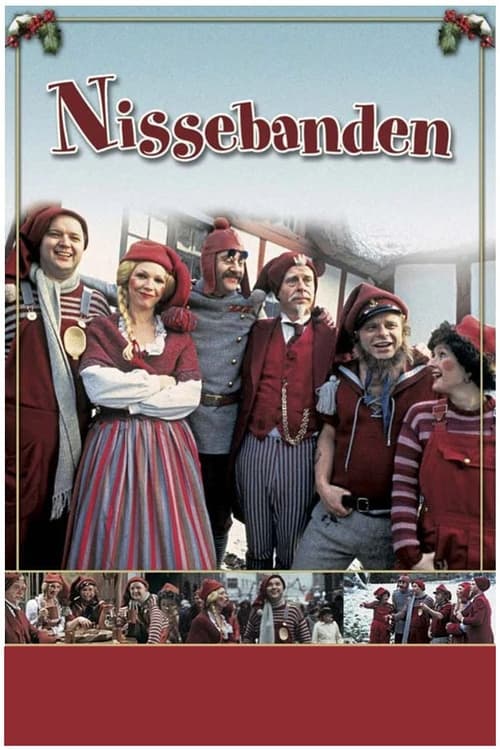
Nissebanden
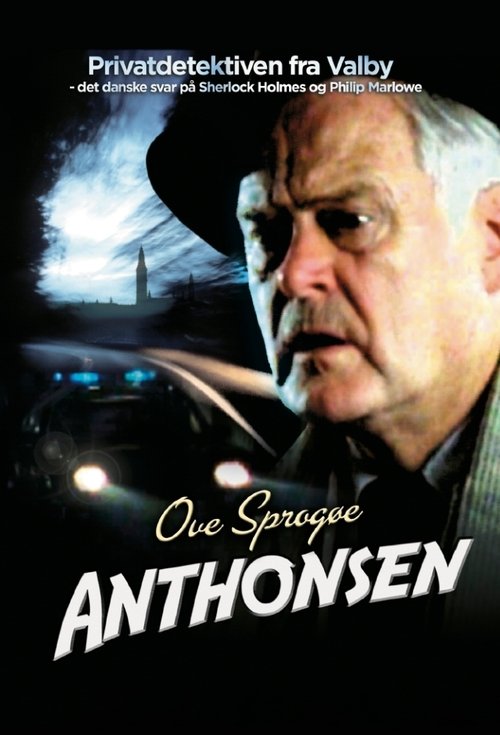 0
0Anthonsen
